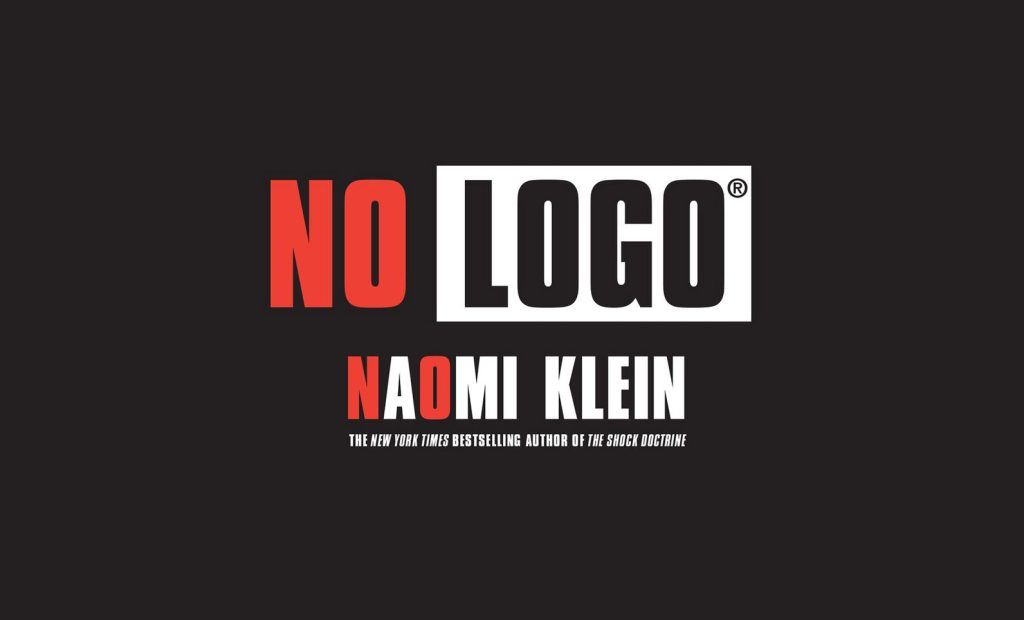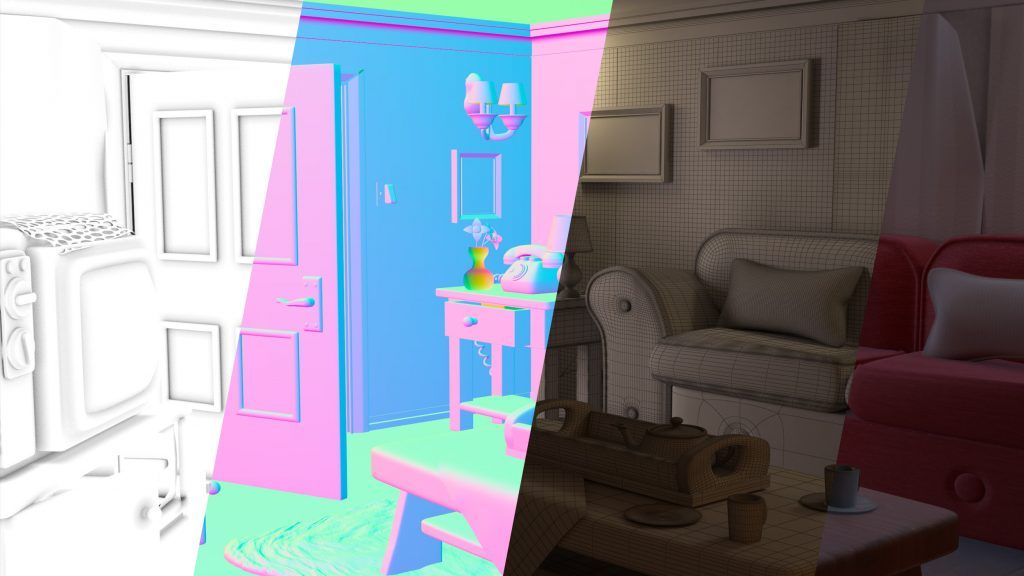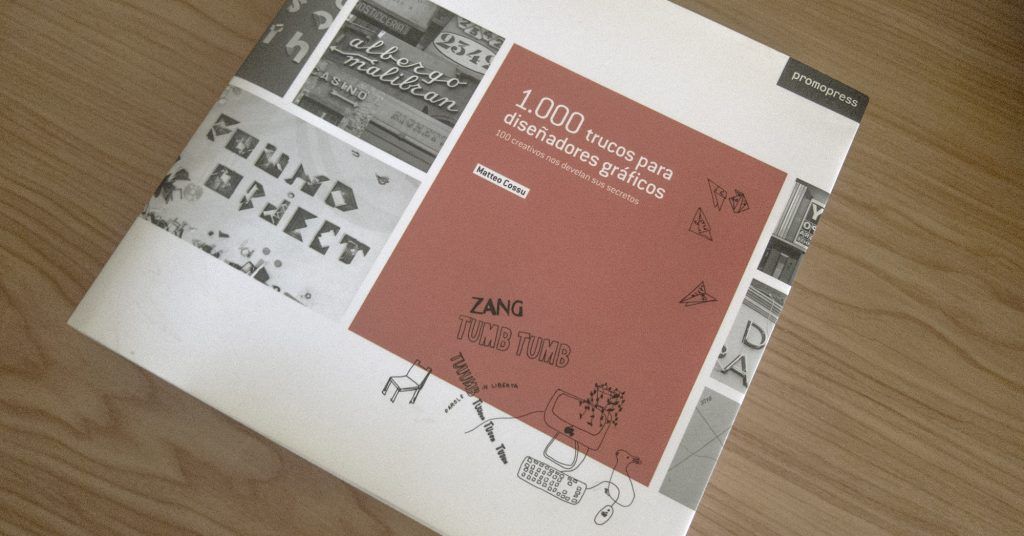Philosophy and design may seem like unrelated terms, but the reality is that we need both disciplines to walk together in an era where consumerism and personal success take precedence over everything else, no matter where it takes us.
In fact, philosophy should be considered, in my opinion, as a discipline that we must develop personally throughout our lives, as opposed to the immediate impulse. Without philosophy, design runs the risk of falling into meaninglessness, into a purely consumerist purpose.

How can philosophy help us in design?
Philosophy seeks to explain the reality in which we are, for it uses a variety of tricks and is located in different perspectives to do so. It seeks to answer the basic questions about nature, the universe, being, knowledge, value… The What; the How; the Why; and the For what?
If we see it with detail, much of the task of philosophy is included in the work of design, such as hermeneutics, i.e. the interpretation of things, also semiotics, i.e. the meaning that objects have in the environment and beyond that, how man interacts with them to know the world and in turn generate knowledge.
The philosophy applied in design brings advantage to those who put their soul in creating, building and managing digital products. To those who have the responsibility of planning a communication system that will influence how users interact with the world and the way they perceive it. It helps to bring to the table values beyond having, more important than mere enjoyment and enjoyment, humanistic values.

For all this, when I found on Linkedin the program that Máximo Gavete will teach next February, which is called: Philosophy as a tactical advantage, I could not miss the opportunity to echo and share it with anyone who might be interested. Not as a way to promote the program itself, but to promote what is behind it, the value of putting philosophy at stake in design, a humanistic and multidisciplinary attitude, with the conviction that there is no sense in work if it is not devoted to something more than efficiency.
I think that studying and practicing philosophy automatically makes us better designers. Research takes a large percentage of the credit for good design, knowing the scope and different ways of researching, gathering knowledge or let’s call it “philosophizing”, has a direct impact on the results we can achieve.
Let us stop seeing philosophy as a web of texts, ideas and explanations that serve no purpose.
Categoría/s: Opinion










Leave a Reply